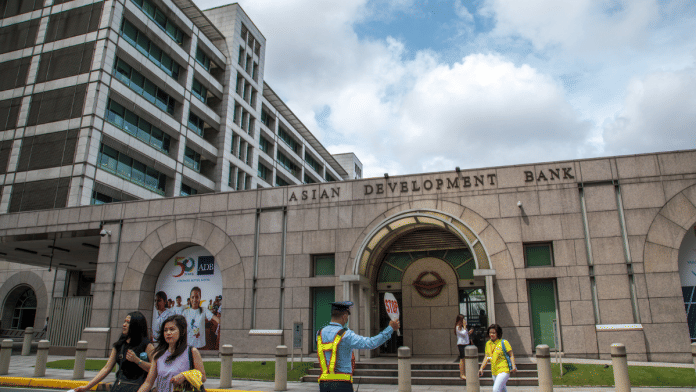New Delhi: A mentoring program supported by the Asian Development Bank (ADB) has improved the interest of Bhutanese students in science, technology, engineering, and mathematics (STEM) and technical, vocational education and training (TVET) courses. This was revealed in an impact evaluation of the mentoring program conducted by ADB, the ADB said in a press statement.
The COVID-19 pandemic had exacerbated youth unemployment in Bhutan, reaching 28.6 percent in 2021. ADB said that while the country needed a skilled workforce for economic diversification through private sector development, many Bhutanese youth did not fully understand the value of learning STEM or TVET skills. For instance, female TTI and IZC graduates aged 28 to 34 made comparable wages to female peers with a bachelor’s degree in Arts, Humanities, and Social Sciences.
With the support of ADB, mentoring programmes were conducted for grade 10 and 12 students in Bhutan. The programme engaged TVET students as mentors for grade 12 students to promote skills development. In 2021, ADB encouraged grade 10 students to pursue science by engaging university students studying STEM.
The mentoring programme incorporated a randomized controlled trial design to evaluate its effectiveness. The evaluation found that among grade 12 students, those who had mentors were more likely to select public training institutes, such as technical training institutes and the Institute of Zorig Chusum, among their top three educational choices.
Similarly, among grade 10 students, mentored students were more than 16 percentage points more likely than non-mentored students to choose science as their first education preference.
“Mentored students are more likely to believe that science makes the world better,” the ADB said. “The effectiveness of mentoring support was also stronger when the male mentors met with the male student mentees.”
The evaluation also found that the mentoring support was not strong enough to make a difference in students’ final applications and enrolment in science courses or public training centres.
“This is likely because the preparation time was not sufficient to improve the score on high-stakes Bhutan Certificates of Secondary Education Examination,” ADB stated. “The frequency of the mentor meeting could be increased in the future.”
Despite the findings, ADB said that the mentoring programme was an important step in developing pathways for emerging skills and jobs. It added that the bank would continue to support such evidence-based efforts.






